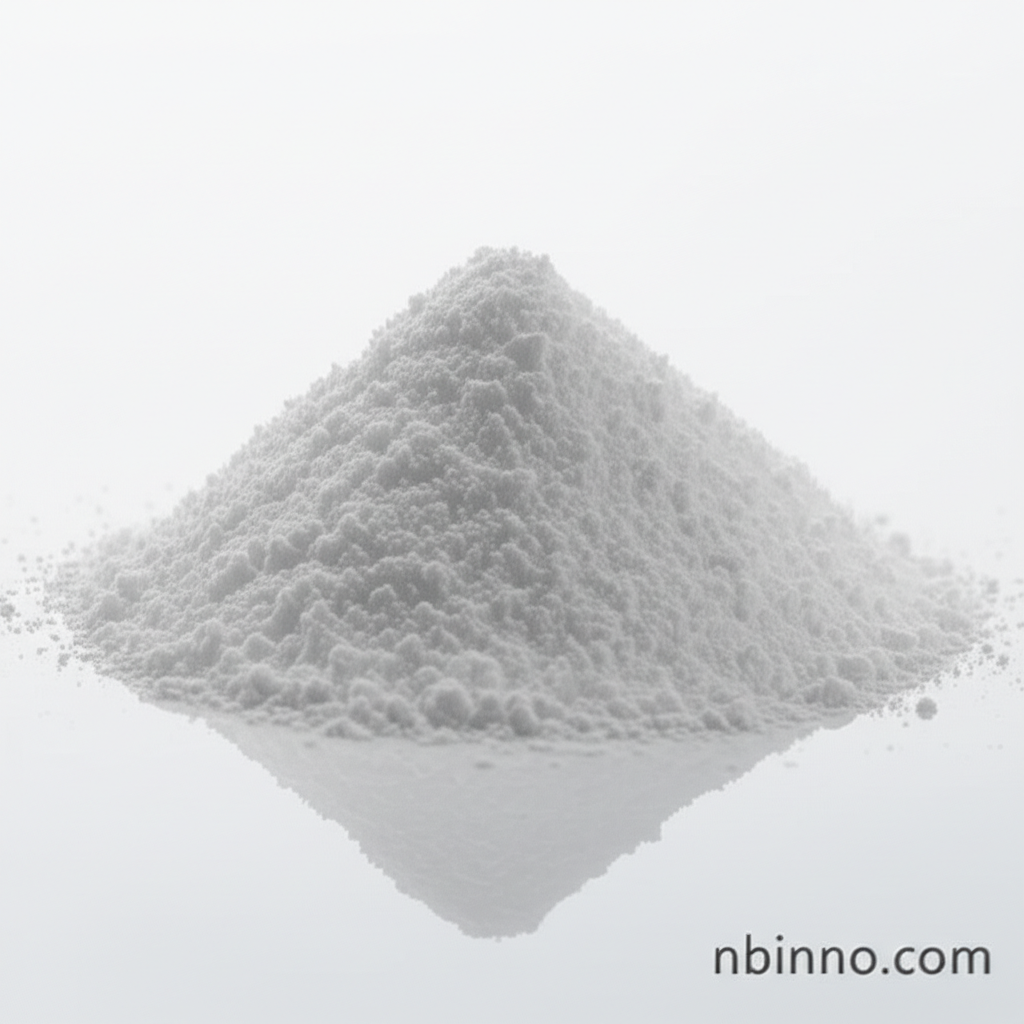High-Purity Trans-4-Dimethylaminocrotonic Acid Hydrochloride: Key Afatinib Intermediate Manufacturer and Supplier
Discover the critical pharmaceutical intermediate, Trans-4-Dimethylaminocrotonic Acid Hydrochloride (CAS 848133-35-7), essential for the synthesis of Afatinib. As a leading supplier, we offer high-purity material with consistent quality, supporting your research and manufacturing needs with competitive pricing and reliable global supply.
Get a Quote & SampleUnlock Your Pharmaceutical Synthesis with a Premier Intermediate Supplier

Trans-4-Dimethylaminocrotonic Acid Hydrochloride
As a dedicated manufacturer and supplier in China, we provide high-purity Trans-4-Dimethylaminocrotonic Acid Hydrochloride (CAS 848133-35-7). This compound is an indispensable building block for the synthesis of Afatinib, a vital tyrosine kinase inhibitor. Our commitment to quality ensures a reliable supply chain for your pharmaceutical R&D and production requirements. We offer competitive prices for bulk purchases.
- Reliable Supplier for Afatinib Intermediate: Source your critical raw materials from a trusted manufacturer.
- High Purity Standard: Ensure synthesis success with our ≥98.0% purity grade.
- Expertise in Organic Synthesis: Leverage our knowledge for your complex chemical needs.
- Global Availability: We are a prominent supplier providing chemical solutions worldwide.
Advantages of Partnering with Us for Your Chemical Needs
Uncompromised Quality Assurance
We adhere to stringent quality control measures, ensuring every batch of Trans-4-Dimethylaminocrotonic Acid Hydrochloride meets precise specifications for your pharmaceutical synthesis projects. Buy with confidence from a reputable supplier.
Competitive Pricing for Bulk Purchases
As a direct manufacturer, we offer competitive pricing for Trans-4-Dimethylaminocrotonic Acid Hydrochloride, making it cost-effective for both R&D and large-scale production. Request a quote today to discuss your bulk purchase needs.
Stable and Consistent Supply
We maintain robust production capabilities to ensure a stable and consistent supply of this key Afatinib intermediate. Count on us as your reliable chemical manufacturer and supplier for uninterrupted project timelines.
Key Applications and Uses
Afatinib Synthesis Intermediate
Trans-4-Dimethylaminocrotonic Acid Hydrochloride is a crucial intermediate in the chemical synthesis of Afatinib, an important anti-cancer drug. Its reliable availability is key for pharmaceutical manufacturers.
Organic Synthesis Reagent
This compound serves as a valuable building block in various organic synthesis pathways, enabling the creation of complex molecules for advanced research and development.
Pharmaceutical Research & Development
Essential for R&D departments exploring novel drug candidates and optimizing existing pharmaceutical formulations, this intermediate is a cornerstone for innovation.
Tyrosine Kinase Inhibitor Development
Its structural properties make it a key component in the development of tyrosine kinase inhibiting antitumor agents, driving progress in targeted cancer therapies.
